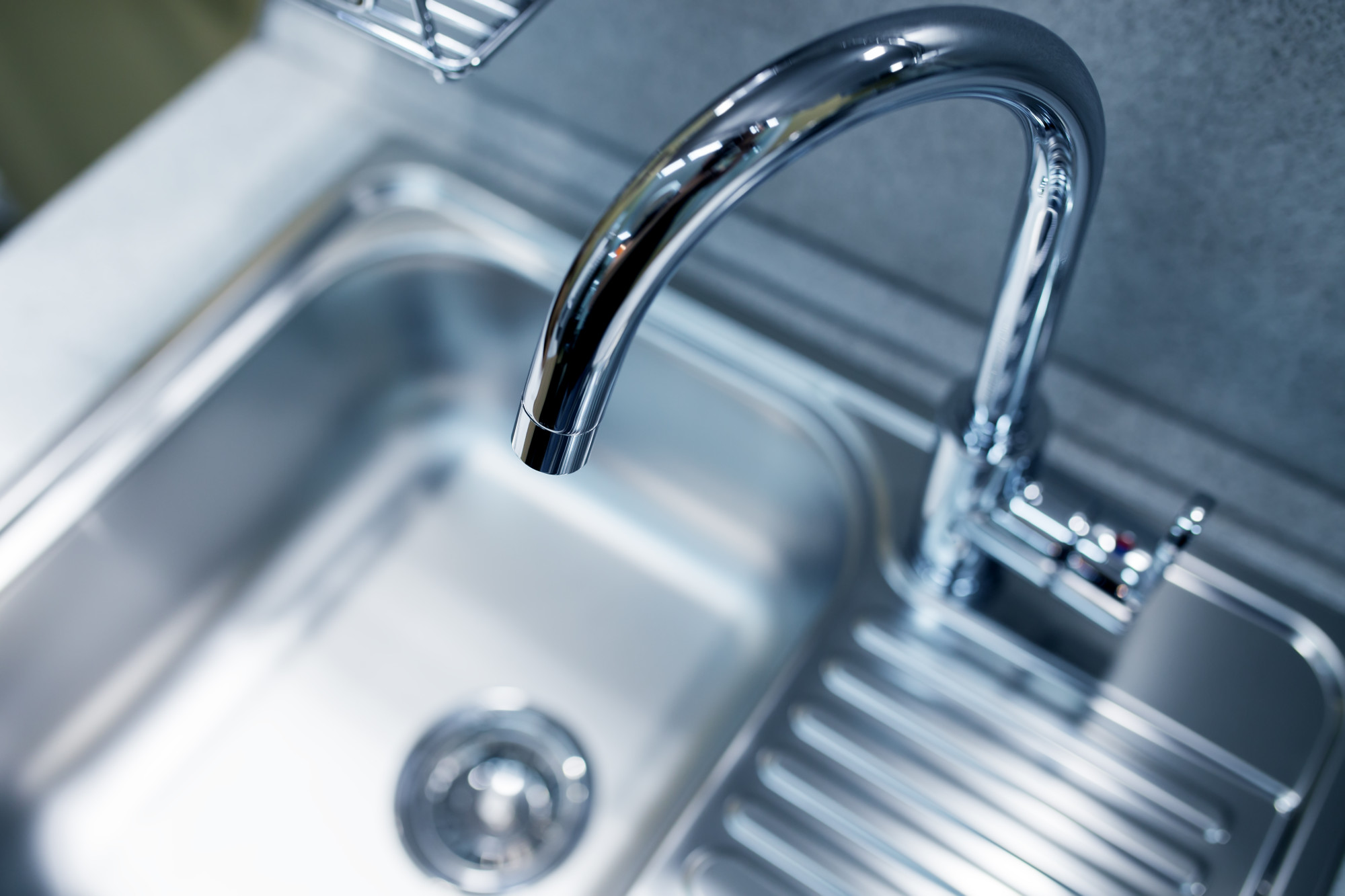
Have you heard about contaminants in your drinking water? Are you considering a water filter for your home?
The U.S. Environmental Protection Agency sets legal limits on more than 90 contaminants in drinking water. They add unregulated contaminants to the list every year.
A filtration system can reduce contaminants and make your water taste better. Here’s a water filter buying guide to help you choose the best water filters for your home.
Evaluate Your Water Filter Needs
When choosing a water filter, decide if you want to filter the drinking water in your kitchen or all of the water in your home. Lead and chlorine are the two most common items filtration systems remove.
You need to know what type of contaminants are in your water. Your community water provider must post online reports annually. Your state or local government might offer free test kits. Another option is to buy a test kit and get your water tested.
Old pipes, pesticides, and chemicals from industrial areas all affect your water. Once you’ve determined what is in your water, you’ll be able to choose the best water filter system for your home.
Choose From Many Best Water Filters
Usually, a system will use both chemical and physical filtration to remove particles from your water. They use barriers to take the contaminants out of the water. Different barriers include:
- Physical barriers that remove most larger particles from your water.
- Biological barriers treat your water.
- Chemical processes including chlorination are optional treatments.
- Electromagnetic radiation including ultraviolet light removes the smallest particles.
A countertop system is the simplest way to filter your drinking water. It’s one of the best house water filters for the money. A pitcher with a filter or a faucet-mounted filter is the cheapest solution. Systems that mount on your tap allow you quicker access to filtered water.
An under-the-sink model will filter your water before it comes out of your tap. These systems usually use a carbon block system. They might have an option to add additional filters for specific contaminants. These models cost a bit more but are still reasonably priced.
Whole house systems will purify all water coming into your home. Install the filter near the water meter or storage tank for your water. These systems require a professional installation.
Research Your Choice
It’s always a good idea to double-check your choice. Check consumer reports and contact an expert in your area. Consider supremewatersales.com. They will answer any questions you might have.
There can be a wide range of effectiveness for different water filters. It depends on your water quality and the level of filtration you require.
Clean Water Is Essential for Your Health
Once you know what is in your water, it’s easier to choose the right filtration system for your home. It will be clear what the best water filters are for your needs.
We hope you found the answers in this article helpful. If so, be sure to use the simple search feature to check out more tips on healthy living. You can find more advice on the Health tab as well.
Leave a Reply